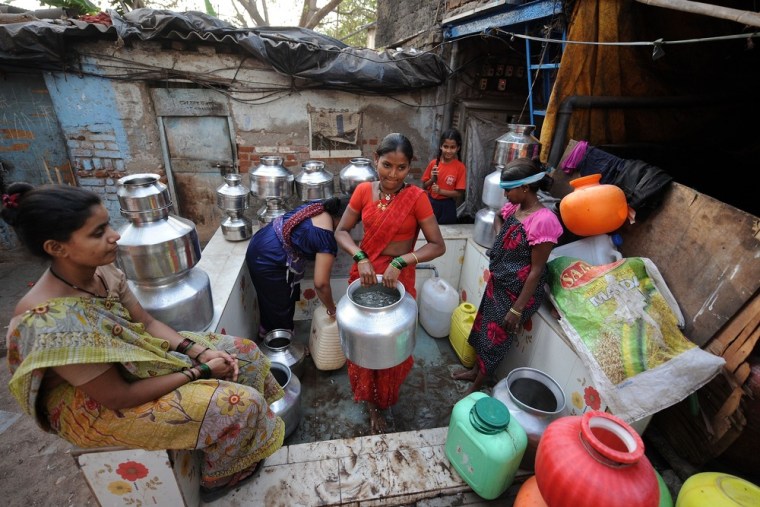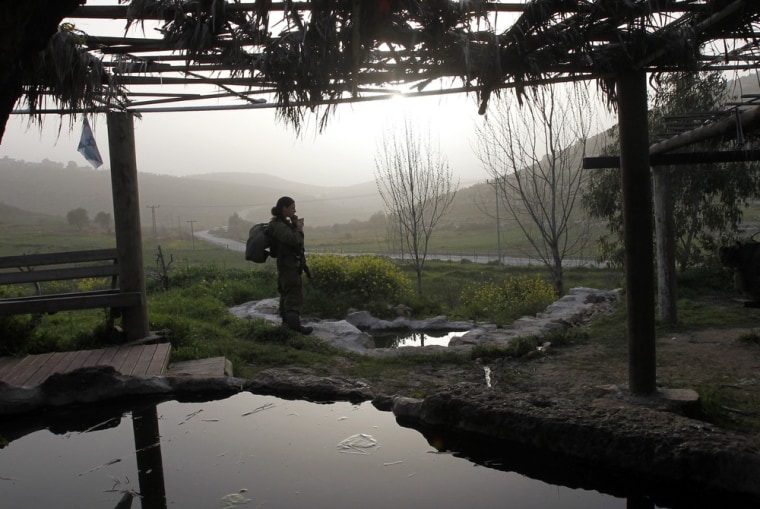Drought, floods and a lack of fresh water may cause significant global instability and conflict in the coming decades, as developing countries scramble to meet demand from exploding populations while dealing with the effects of climate change, U.S. intelligence agencies said in a report released on World Water Day.
An assessment reflecting the joint judgment of federal intelligence agencies says the risk of water issues causing wars in the next 10 years is minimal even as they create tensions within and between states and threaten to disrupt national and global food markets. But beyond 2022, it says the use of water as a weapon of war or a tool of terrorism will become more likely, particularly in South Asia, the Middle East and North Africa.
The report is based on a classified National Intelligence Estimate on water security, which was requested by Secretary of State Hillary Rodham Clinton and completed last fall. It says floods, scarce and poor quality water, combined with poverty, social tension, poor leadership and weak governments will contribute to instability that could lead the failure of numerous states.
Those elements "will likely increase the risk of instability and state failure, exacerbate regional tensions, and distract countries from working with the United States on important policy objectives," said the report, which was released Thursday at a State Department event commemorating World Water Day.
Clinton, who unveiled a new U.S. Water Partnership that aims to share American water management expertise with the rest of the world, called the findings "sobering."
"These threats are real and they do raise serious security concerns," she said.
The report noted that countries have in the past tried to resolve water issues through negotiation but said that could change as water shortages become more severe.
"We judge that as water shortages become more acute beyond the next 10 years, water in shared basins will increasingly be used as leverage; the use of water as a weapon or to further terrorist objectives also will become more likely beyond 10 years," it said.

The report predicts that upstream nations — more powerful than their downstream neighbors due to geography — will limit access to water for political reasons and that countries will regulate internal supplies to suppress separatist movements and dissident populations.
At the same time, terrorists and rogue states may target or threaten to target water-related infrastructure like dams and reservoirs more frequently. Even if attacks do not occur or are only partially successful, the report said "the fear of massive floods or loss of water resources would alarm the public and cause governments to take costly measures to protect the water infrastructure."
The unclassified summary of the intelligence estimate does not identify the specific countries most at risk. But it notes that the study focused on several specific rivers and water basins. Those included the Nile in Egypt, Sudan and nations further south, the Tigris and Euphrates in Iraq and the greater Middle East, the Mekong in China and Southeast Asia, the Jordan that separates Israel from the Palestinian territories, the Indus and the Brahmaputra in India and South Asia as well as the Amu Darya in Central Asia.
